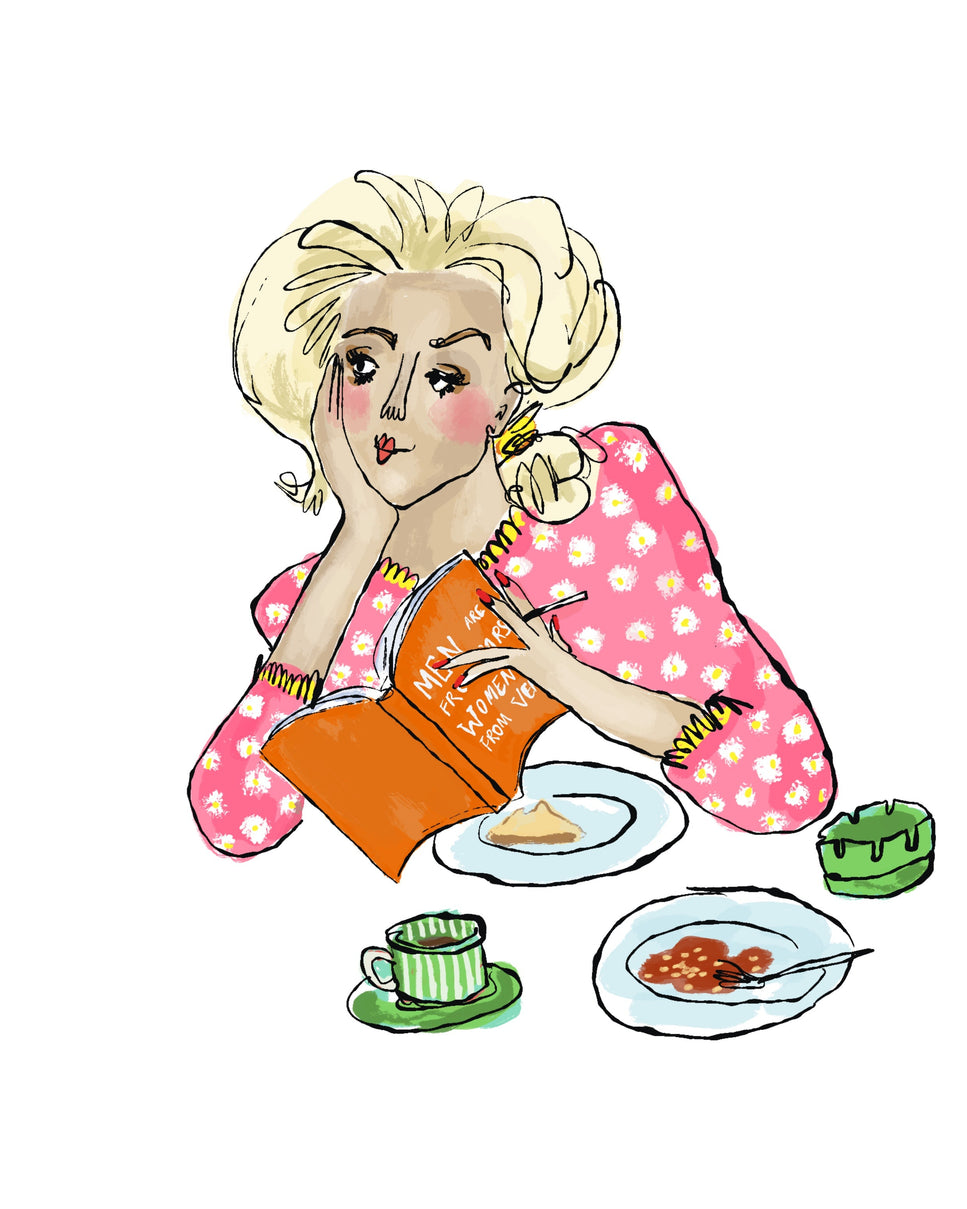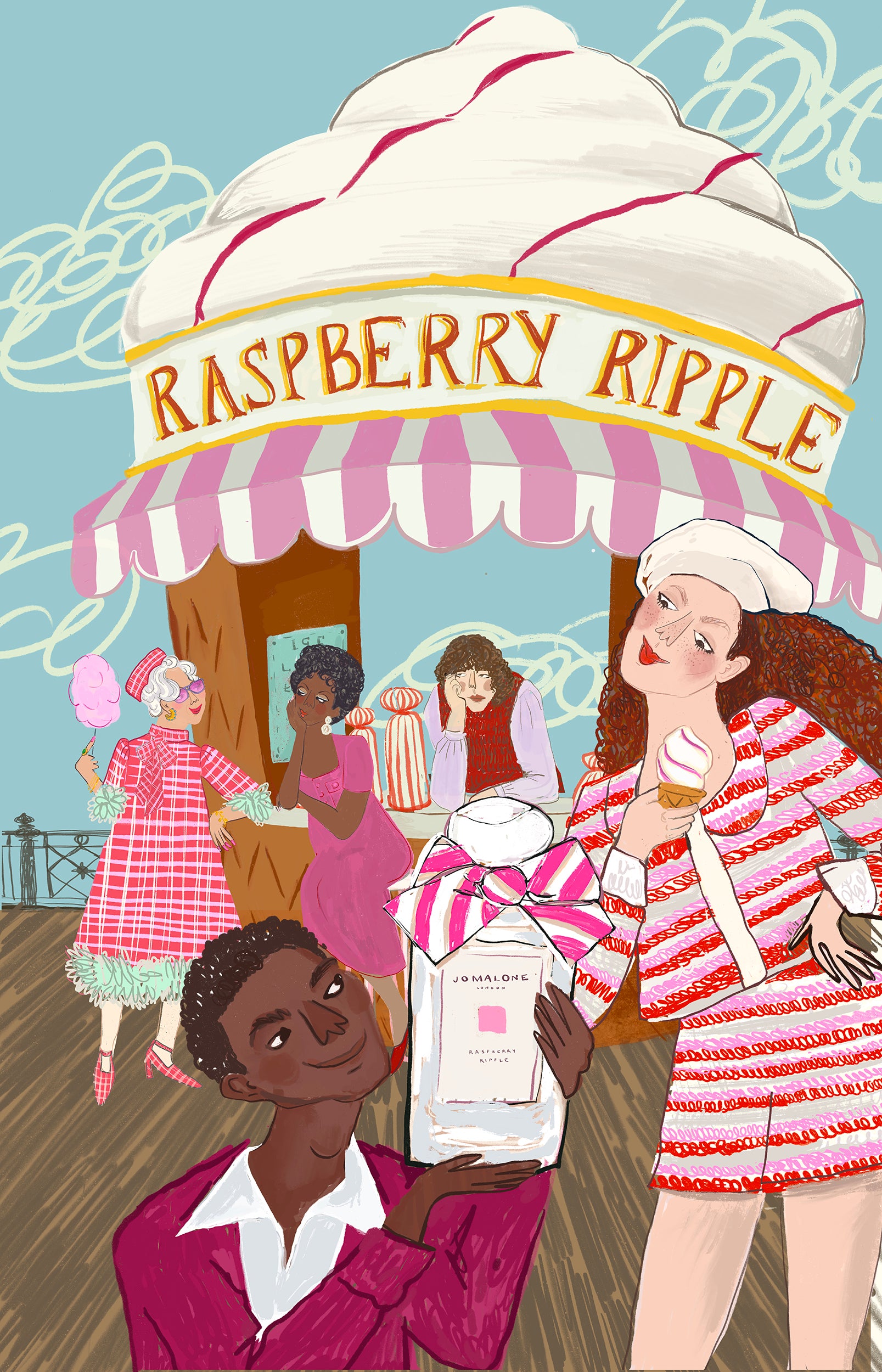Drawing Joy
8 modules, 7+ hours of lessons, and simple step-by-step exercises.
Learn to draw with freedom, creativity, and confidence—perfect for beginners and anyone seeking joy in art.

Maybe you think drawing is too complicated, too technical, or just not for you. Maybe you’ve seen detailed sketches and thought, "That’s too advanced for me."
But here’s the truth — you don’t need perfect lines or years of training to enjoy drawing. With simple exercises, gentle guidance, and a playful approach, you’ll discover how freeing and joyful drawing can be.
I’m an artist who discovered the healing power of drawing during one of the hardest times of my life — jobless, living with chronic illness, and stuck in a global pandemic. In the middle of it all, my mother handed me a stack of plates and told me to just draw. From that day, drawing became my way back to joy. I started Josephine Dessine so others could experience what I did: the comfort, expression, and beauty that comes from making art with your own hands.
This course is my invitation to you — to slow down, to play, and to discover the joy of drawing. Together, we’ll create work that feels personal, meaningful, and uniquely yours.
So let’s pick up a pencil — and draw, with joy.
Modules
Introducing Joy
Start your journey by exploring what joy means in drawing. We’ll look at Josephine’s story and approach, discuss originality, and begin with playful exercises like blind drawing, continuous line, and page dancing. You’ll learn how to see differently, release perfectionism, and set up for the course with curiosity.
Practices & Ways of Working
Explore different mediums and techniques — from gouache, watercolour, and acrylics to pens and pencils. You’ll create reference cards, practice layering, and experiment with texture through still lifes, patterns, and movement. Exercises like theSun Cardand texture studies will help you build confidence and versatility in your practice.
Noticing Colour
Dive into colour theory and expression. Learn about palettes, harmony, temperature, and contrast while practicing shading and mixing. Exercises will help you build confidence in creating moods, tonal shifts, and expressive colour palettes.
Gesture & Movement
Explore the aliveness of movement in drawing. From quick gesture sketches to observational studies of figures, you’ll learn how gravity, balance, and exaggeration bring characters and scenes to life. Exercises with clothing, patterns, and group interactions will expand your storytelling skills.
Portraits (Part I)
Practice drawing faces with attention to proportion, reference, and structure. Here you will learn the fundamentals of what you need to get right to achieve likeness.
Portraits (Part II)
Here we build on the previous module to introduce expression, emotion (joy!), character. Using interactive exercises we see what we can adapt in our references to make our portraits really stand out.
Objects
Discover how objects can tell stories. We’ll explore symbolism, signifiers, and texture through still life exercises, memory drawing, and reference practice. You’ll learn to see everyday objects not just as things, but as carriers of meaning and narrative in your art.
Pulling It All Together
In the final module, you’ll create meaningful compositions that combine everything learned so far. We cover tenderness and dancing, then look at how we can pull everything we have learnt so far. With a handy list of prompts you will be able to think about all aspects of your drawing to develop pieces that express tenderness and creativity in your unique visual voice.








